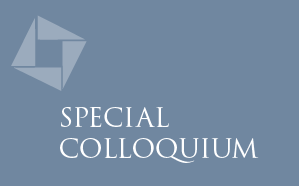India has been a recipient of Japan’s foreign aid since 1958 and is now India’s largest bilateral donor. Aid has enabled Japan to broker international respect and build alliances. In 2015, Japan revised its Master Development Aid Charter, redefining aid as “tied aid,” “securitized aid,” and promoting Japanese visions of morality. Boosterism for Japanese technology such as bullet trains and military hardware is central to this plan. Government officials argue that the new approach enables “public-private partnerships” and bolsters “proactive pacifism.” Critics suggest that the new charter empowers Japan Inc., by tethering foreign aid to domestic corporate profit and national security agendas. With an eye to India’s neighbor, China, Japan has sought to establish an arena of influence through boosting Indian economic development. These maneuverings push us to consider new types of “imperial formations” which require neither territory nor direct administration in order to exact political and cultural influence.
Colloquium
Speaker
Ann-Elise Lewallen (University of California, Santa Barbara, USA)
Date & Time
Fri, 10 August 2018, 14:30 to 15:30
Venue
Emmy Noether Seminar Room, ICTS Campus, Bangalore
Resources
Abstract


